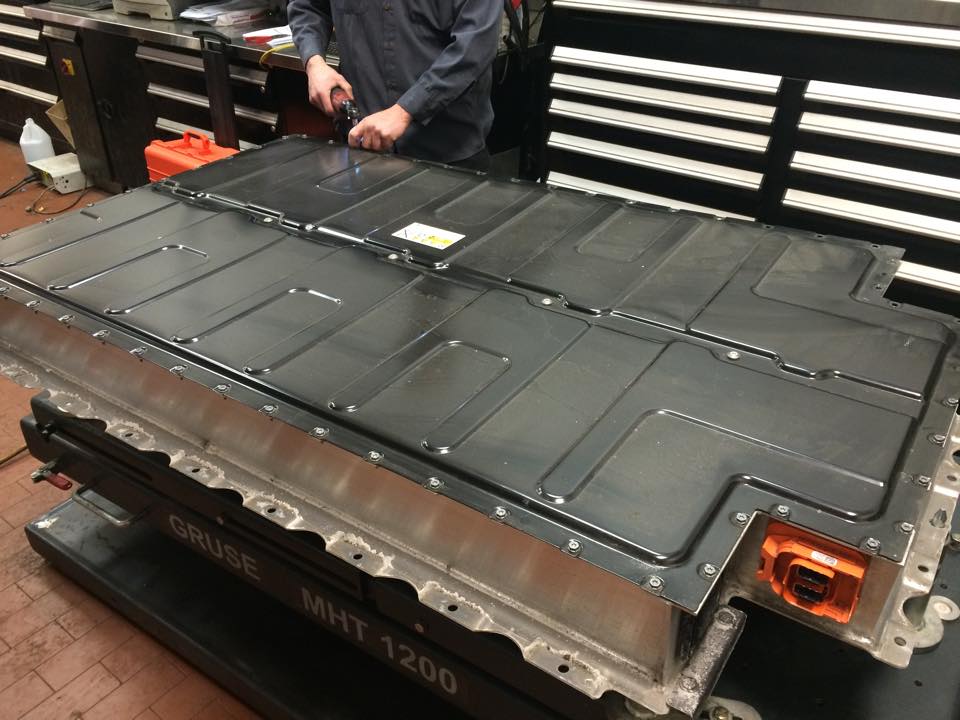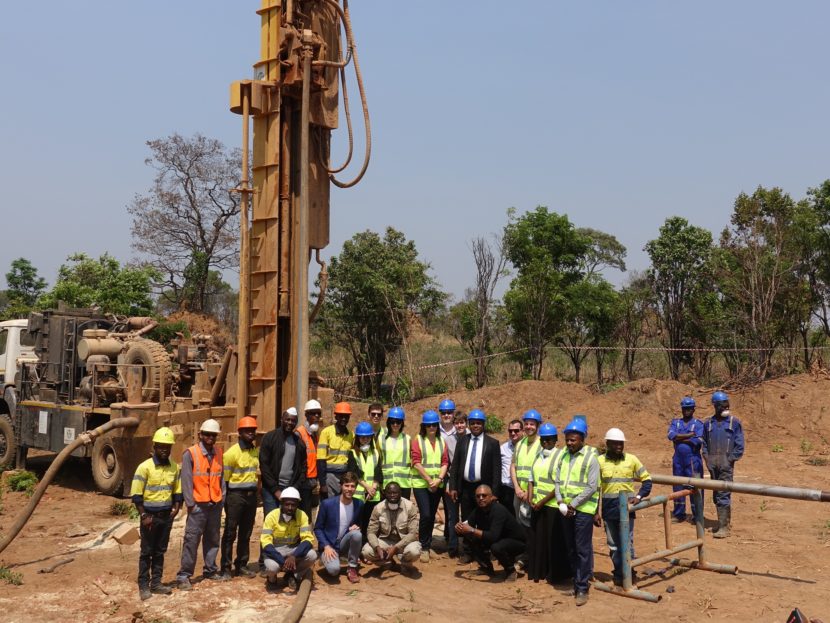A lot of people view electric cars as the way to have our cake and eat it too when it comes to saving our planet. EVs allow you to drive around town in a car without emitting harmful gases for those around you. However, in our quest to make cars a lot more eco-friendly than before, we should take a look at the whole process, not just the final phase. To that end, BMW has set out to make sure they use only responsibly mined materials and that their providers abide by every law out there.
In this regard, according to a recent report coming in from Germany, BMW has decided to cut out middlemen and intermediaries next year from the supply chain for raw materials needed to make EVs. Those include cobalt and lithium, among others.
“We have restructured our supply chains and will be purchasing cobalt and lithium directly from 2020,” said Andreas Wendt, Chief Purchasing Officer, to Automobilwoche.
“Our supply contracts guarantee security of supply until 2025 and beyond. Compliance with human rights is our top priority,” added the board member responsible for purchasing.
With this move, the Germans will now know exactly how those materials were sourced and will make sure they have a steady supply for the next few years, when the EV boom might force the prices up. This isn’t the first time BMW showed concern about the provenance of these materials.
Earlier this year, the Bavarians joined forces with other companies, launching a project aimed at making cobalt mining sustainable, in Congo. That pilot project, run under the supervision of the German Society for International Cooperation, aims at watching over small, artisanal structures to make sure they are exploited without causing harm. As for the supplier for the much-needed raw materials, it’s going to be Glencore, a mining giant with locations in Australia and Morocco.






































































